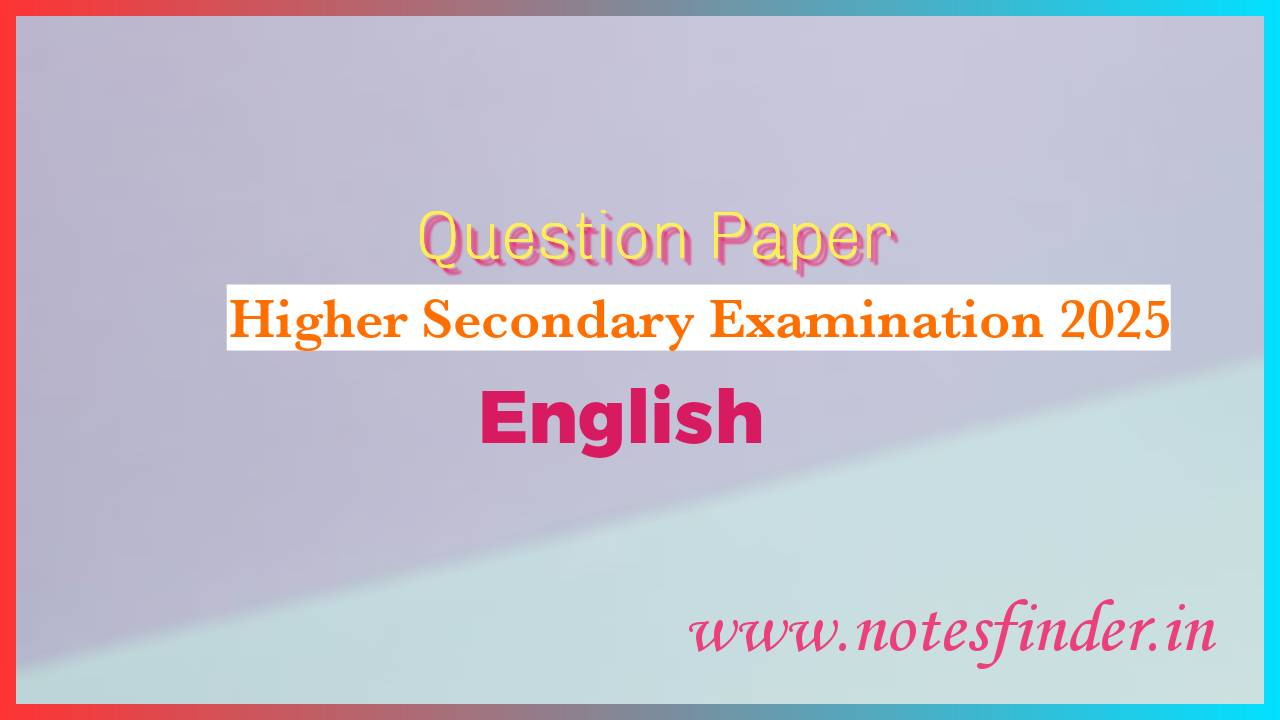1. What role does the worm play in the poem ‘The Sick Rose’? Or, Comment on the implications of the worm’s love destroying the rose’s life.
Answer: In the poem “The Sick Rose” by William Blake, the worm is depicted as a malevolent force that destroys the rose’s beauty and vitality. The worm’s dark secret love in the howling storm of the night makes the rose sick and pale. The rose, which represents beauty and purity, is vulnerable to the worm’s destructive power. Symbolically, the invisible worm stands for the phallus that corrupts the life of an innocent and beautiful girl represented the rose. So, the worm in the poem can be interpreted as a metaphor for a destructive force, such as disease, decay, or corruption.
2. “Has found out thy bed/ Of crimson joy.” – Whom does the word ‘thy’ refer to? What did he find and when? What does the expression ‘crimson joy’ suggest?
Answer: The word ‘thy’ refers to the rose in William Blake’s poem The Sick Rose.
The invisible worm found out the rose’s bed of crimson petals in the howling stormy night.
The expression “crimson joy” refers to the intense, deep red color of the rose, which is traditionally associated with passion and love. It also suggests the rose’s vulnerability and fragility, as it is easily destroyed by the invisible worm.
3. Bring out the central idea of the poem, ‘The Sick Rose’.
Answer: William Blake’s poem ‘The Sick Rose’ revolves around the destructive nature of experience over innocence. The rose, usually a symbol of beauty and love is portrayed as sick caused by the dark secret love of an invisible worn representing corruption or deceit. It symbolizes the loss of innocence and love. So the very central theme, Blake suggests that all beautiful objects of nature are corrupted or destroyed by the evil, secret and invisible forces.
4. Justify the title of the poem ‘The Sick Rose’.
Answer: The title “The Sick Rose” captures the essence of the poem’s central image and theme. The speaker depicts a rose as ‘sick’ caused by the hidden presence of a worm. The rose which is a symbol of beauty and love loses its vibrancy. Now it is subjected to decay and destruction. The sick rose is no longer a symbol of beauty and love. Thus the whole poem centres around the rose and its fragility in the presence of invisible destructive forces. So, the title of the poem is justified.
5. What is the allegorical significance of the poem, ‘The Sick Rose’?
Answer: “The Sick Rose” by William Blake holds allegorical significance, presenting an extended metaphor that symbolizes deeper themes and meanings. Outwardly, it recounts the story of a rose plundered by an invisible worm. But it has a great underlying meaning. Allegorically, the poem depicts the destruction of purity, beauty and innocence of a maiden by the sensual desires of a deceitful man. On the other hand, it may be said that all beautiful objects of nature are always subjected to decay and destruction by some hidden forces.
Read More Leela's Friend - RK Narayan Multiple Choice Questions (MCQ) from Leela's Friend Short Answer Questions (SAQ) from Leela's Friend Long Answer Questions (LAQ) from Leela's Friend Karma - Khushwant Singh Multiple Choice Questions (MCQ) from Karma Short Answer Questions (SAQ) from Karma Long Answer Questions (LAQ) from Karma Jimmy Valentine - O. Henry Multiple Choice Questions (MCQ) from Jimmy Valentine Short Answer Questions (SAQ) from Jimmy Valentine Long Answer Questions (LAQ) from Jimmy Valentine Nobel Lecture - Mother Teresa Multiple Choice Questions (MCQ) from Nobel Lecture Short Answer Questions (SAQ) from Nobel Lecture Long Answer Questions (LAQ) from Nobel Lecture The Place of Art in Education - Nandalal Bose Multiple Choice Questions (MCQ) from The Place of Art in Education Short Answer Questions (SAQ) from The Place of Art in Education Long Answer Questions (LAQ) from The Place of Art in Education Composed Upon Westminster Bridge - William Wordsworth Multiple Choice Questions (MCQ) from Composed Upon Westminster Bridge Short Answer Questions (SAQ) from Composed Upon Westminster Bridge Long Answer Questions (LAQ) from Composed Upon Westminster Bridge Meeting at Night - Robert Browning Multiple Choice Questions (MCQ) from Meeting at Night Short Answer Questions (SAQ) from Meeting at Night Long Answer Questions (LAQ) from Meeting at Night The Sick Rose - William Blake Multiple Choice Questions (MCQ) from The Sick Rose Short Answer Questions (SAQ) from The Sick Rose Long Answer Questions (LAQ) from The Sick Rose Brotherhood - Octavio Paz Multiple Choice Questions (MCQ) from Brotherhood Short Answer Questions (SAQ) from Brotherhood Long Answer Questions (LAQ) from Brotherhood Daybreak - Henry Wadsworth Longfellow Multiple Choice Questions (MCQ) from Daybreak Short Answer Questions (SAQ) from Daybreak Long Answer Questions (LAQ) from Daybreak
Class XI English (Mindscapes)Textual Grammar
- Leela’s Friend – RK Narayan
- Voice Change from Leela’s Friend
- Narration Change from Leela’s Friend
- English Grammar (Do as Directed) from Leela’s Friend
- Karma – Khushwant Singh
- Voice Change from Karma
- Narration Change from Karma
- Transformation of Sentences(1) from Karma
- Transformation of Sentences (2) from Karma
- Jimmy Valentine – O. Henry
- Voice Change from Jimmy Valentine
- Narration Change from Jimmy Valentine
- Nobel Lecture – Mother Teresa
- Voice Change from Nobel Lecture
- Narration Change from Nobel Lecture
- Transformation of Sentences from Nobel Lecture
- The Place of Art in Education – Nandalal Bose
- Voice Change from The Place of Art in Education
- Transformation of Sentences from The Place of Art in Education
- Composed Upon Westminster Bridge – William Wordsworth
- Textual Grammar from Composed Upon Westminster Bridge
- Meeting at Night – Robert Browning
- Textual Grammar from Meeting at Night
- The Sick Rose – William Blake
- Textual Grammar from The Sick Rose
- Brotherhood – Octavio Paz
- Textual Grammar from Brotherhood
- Daybreak – Henry Wadsworth Longfellow
- Textual Grammar from Daybreak



